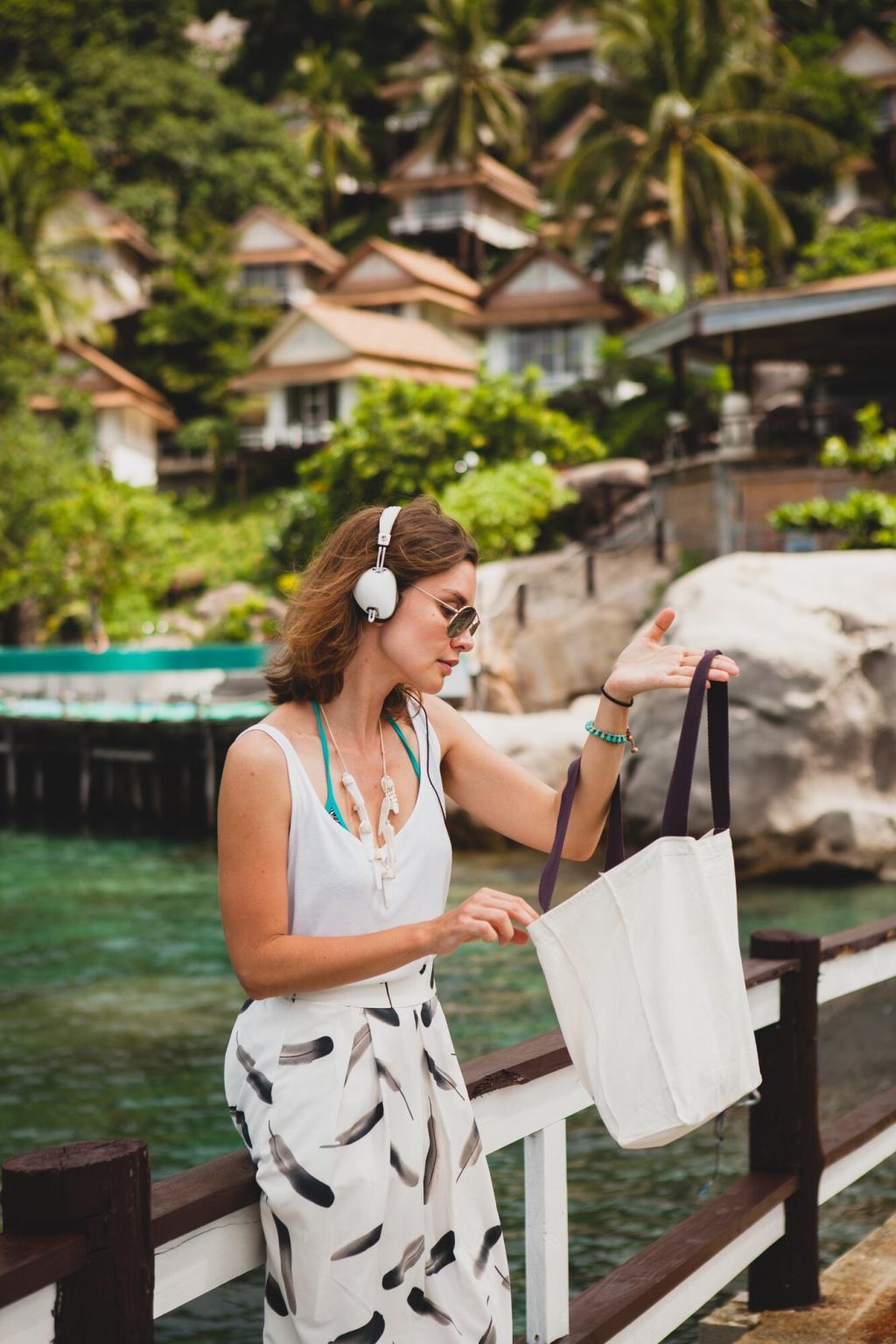What Community-Based Tourism Really Means
In community-based tourism, residents co-create itineraries, set rules, and host visitors on their own terms. This builds pride, safeguards traditions, and ensures travelers understand that culture is not a commodity but a living, evolving practice that deserves time, patience, and respect.
What Community-Based Tourism Really Means
Fair revenue sharing, local hiring, and transparent pricing keep money moving within the village economy. From guiding to food supply, every link can be local. When you book, ask how revenue is distributed and which community projects your visit will directly support.





